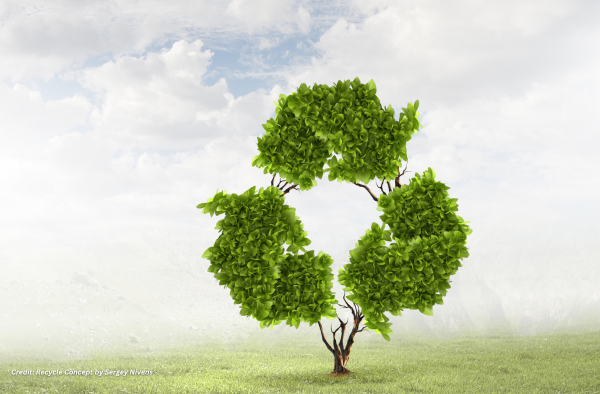Australian Organics Recycling industry capacity report
Share

The Australian Organics Recycling Association (AORA) has just released its Australian Organics Recycling Industry “Capacity Assessment Report 2022/23”. This report is produced every second year, alternating with the Australian Organics Recycling Industry “The Economic Contribution of the Australian Organics Recycling Industry,” also commissioned by AORA. Both reports are produced by Australian Economic Advocacy Solutions for AORA.
As Australia transitions to a net-zero and circular economy, organics recycling is recognised as a key contributor to the success of this transition. With almost half of Australia’s waste stream comprising organics, the imperative to divert organics away from landfill continues to be a priority.
The report highlights:
- Processes 7.7 million tonnes of organic material each year, diverting this away from landfill to produce high-quality products such as compost, soil conditioners and mulches.
- Provides 5,032 jobs to Australian residents, paying over a $386 million in wages and salaries
- Has a collective industry turnover of over $2.1 billion; sourcing $1.9 billion across its supply chain, investing $156 million in land, buildings, plant and equipment and vehicles each year and contributing $781 million in industry value add to the Australian economy.
- Diverts organic resources for recycling, significantly reduces emissions and recovers valuable nutrients from being landfilled that improves sustainability and provides benefit to our community. Organics recycling closes the loop on food and other organic wastes and ultimately returns them to production through the soil or other value-added inputs to our economy. It is an exemplar of the “circular economy.”
- The total estimated greenhouse gas savings from organics recycling of materials received in Australian in 2021-22 is approximately 3.9 million tonnes of CO2-e. These GHG savings are considered approximately equivalent to:
- Approximately 5.8 million trees would have to be planted to absorb the same amount of CO2.
- The greenhouse gas emissions that 902,311 cars would produce in a year.
A key metric of the latest “Capacity Assessment Report 2022/23” is how the Australian Organics Recycling Industry is positioned to reach the milestones of 70, 80, 90 and 95 percent national recycling rates for organics. A key outcome of the report’s analysis is that the industry is capable of processing an additional 61.1 per cent of organic materials (or 4.73 million of collective processing capacity each year) given the physical capacity of their existing operations. Only South Australia and the ACT are capable of meeting the required processing capacity for each of the 70, 80, 90 and 95 per cent organic recycling rates with other states/territories falling short on their processing capacity to varying degrees.
On the basis of the above there will be a requirement to either create new capacity among existing industry or promote new industry participants once existing capacity is exhausted. This will particularly be the case for organic material recycling in most rural and regional areas, where there is currently little or no way to deal with organic waste but to landfill it due to low capacity and infrastructure.

Justin Lavadia is a content producer and editor at Public Spectrum with a diverse writing background spanning various niches and formats. With a wealth of experience, he brings clarity and concise communication to digital content. His expertise lies in crafting engaging content and delivering impactful narratives that resonate with readers.










Today’s Pick
11th Annual Aus Goverment Data Summit
April 1, 2025
7th Annual NZ Government Data Summit
May 7, 2025
3rd Public Sector Comms Week
May 14, 2025
Subscribe
We send emails,
but we do not spam
Join our mailing list to be on the front lines of healthcare , get exclusive content, and promos.
AI appointment Australia Australian boost boosts business businesses covid-19 cyber cyber attack cyber security cybersecurity data data breach data management defence Digital employment enhance enhances fraud funding governance government grants infrastructure Innovation Lockdown management new zealand NSW NZ online privacy public Public Sector queensland renewable energy scams security Social Media Technology telecommunications victoria
-

Understanding and building your digital strategy
Digital Government, Opinion
-

Featured Leader: Jamie Morse on multi-channel strategies for communication
Communications, Featured Leader
-

Featured Leader: Tegan Tembe of NSW Treasury on creating solid planning strategies and processes
Featured Leader
-

Wirraka Maya Health Service improves patient care with My Health Record
Learning
Show More-

Effects of ineffective communication in the workplace
Communications, Personal Development
-

7 ways you can enhance your personal development skills
News, Personal Development
-

5 advantages of working in the public sector
News, Personal Development, Professional Development
-

7 causes of communication issues in the workplace
Communications, News, Personal Development
Show MoreLast Viewed